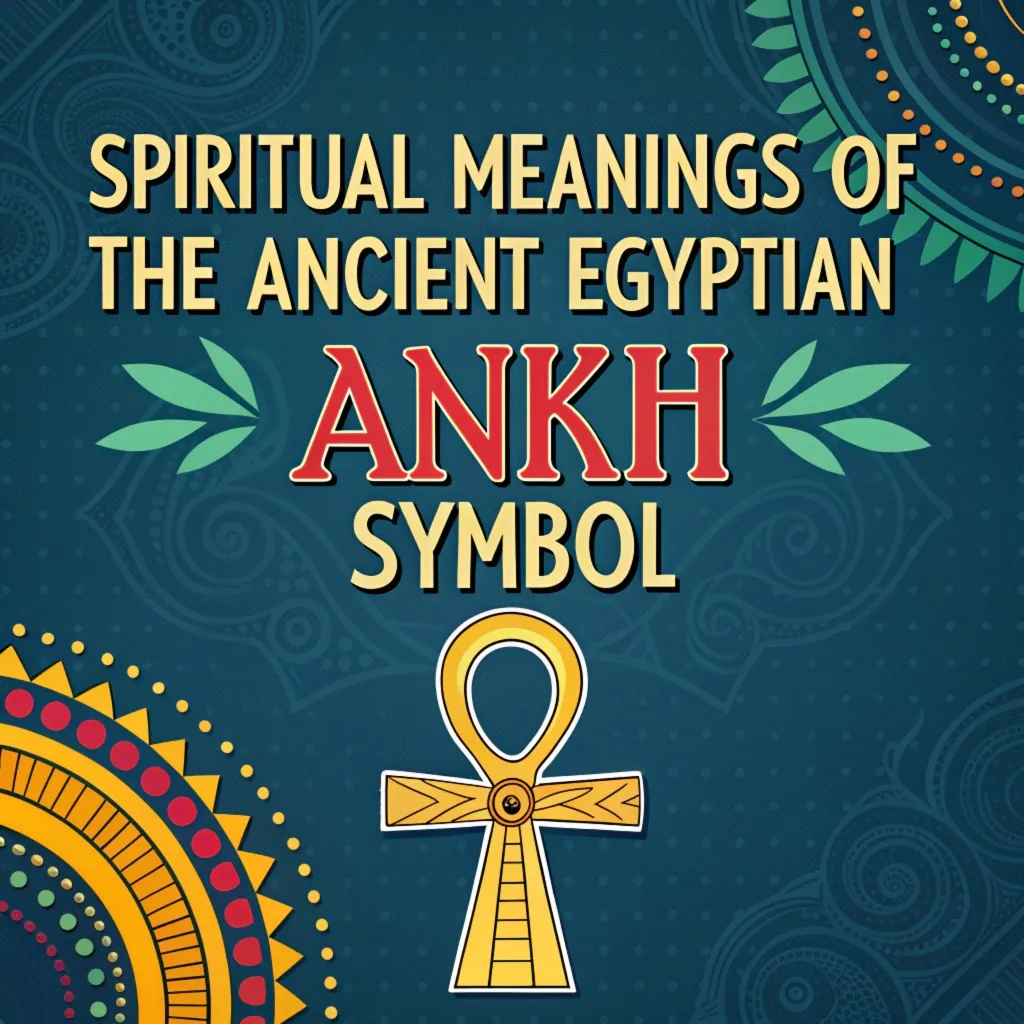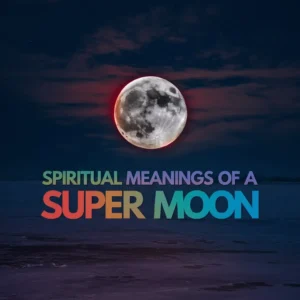The ancient Egyptian ankh symbol has captivated minds and hearts for millennia, serving as a powerful emblem of life, spirituality, and eternal existence.
This iconic hieroglyph, resembling a cross with a looped top, holds deep spiritual significance that transcends time and culture.
In this comprehensive exploration, we’ll delve into the 10 most profound spiritual meanings of the ankh, uncovering its rich symbolism and enduring relevance in both ancient and modern contexts.
The Essence of Ankh’s Spiritual Significance
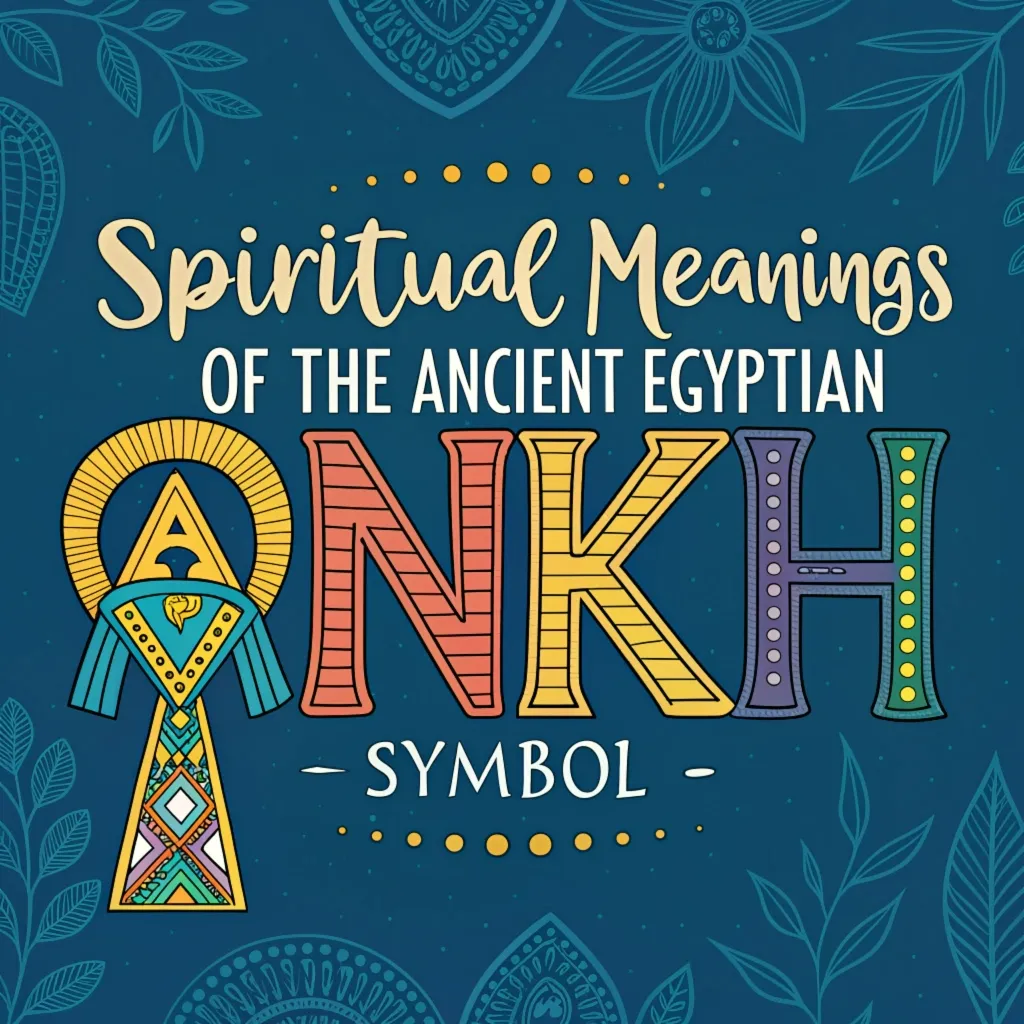
- The ankh symbolizes eternal life and the promise of immortality
- It represents the union of masculine and feminine energies
- The ankh serves as a key to unlock spiritual knowledge and hidden mysteries
- It embodies the concept of balance between opposing forces
- The symbol signifies the connection between earthly and divine realms
- Ankh represents the cycle of life, death, and rebirth
- It is associated with divine power and the authority of pharaohs and gods
- The ankh symbolizes life-giving elements such as air, water, and sunlight
- It serves as a protective talisman against negative energies
- The ankh represents spiritual transformation and the journey of the soul
The Ankh as a Symbol of Eternal Life
The most fundamental and widely recognized spiritual meaning of the ankh is its representation of eternal life.
In ancient Egyptian belief, the ankh was not merely a symbol of mortal existence but a powerful emblem of life that transcends death.
The looped top of the ankh is often interpreted as a gateway to the afterlife, while the cross-like base represents the physical world.
This unique design encapsulates the Egyptian concept of continuity between earthly life and the eternal realm.
Union of Masculine and Feminine Energies
One of the profound spiritual meanings attributed to the ankh is its representation of the union between masculine and feminine energies.
The vertical bar of the ankh is often associated with masculine attributes, while the horizontal bar and loop are linked to feminine qualities.
This interpretation views the ankh as a symbol of creation and fertility, embodying the life-giving power that results from the harmonious balance of opposing forces.
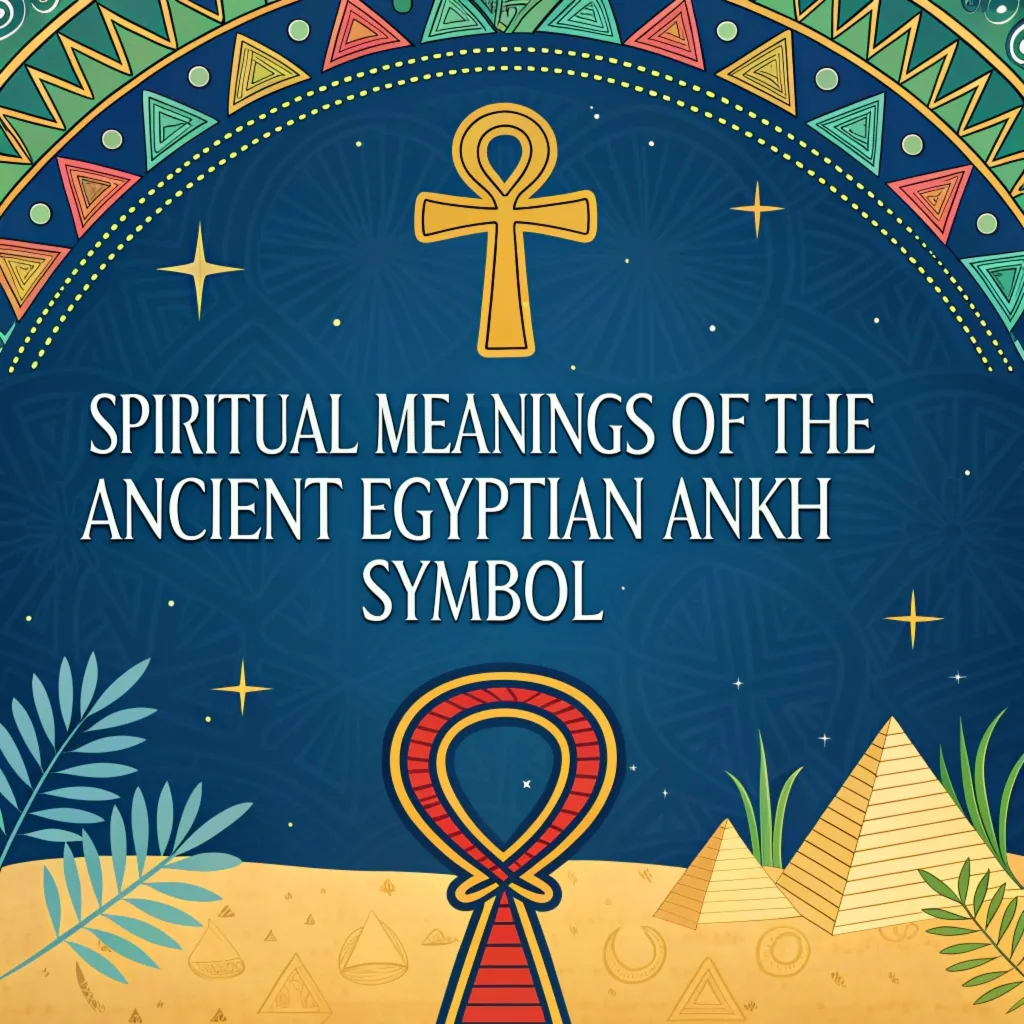
Key to Spiritual Knowledge
In spiritual contexts, the ankh is often referred to as the “Key of Life” or the “Key of the Nile”.
This designation goes beyond its life-giving symbolism, suggesting that the ankh serves as a key to unlock hidden spiritual knowledge.
Ancient Egyptians believed that possessing or wearing an ankh could grant access to divine wisdom and the secrets of the universe, making it a powerful tool for spiritual growth and enlightenment.
Balance of Opposing Forces
The ankh’s design inherently represents balance and harmony. Its symmetrical form symbolizes the equilibrium between various opposing forces in the universe, such as:
- Light and darkness
- Life and death
- Physical and spiritual realms
- Conscious and unconscious mind
This aspect of the ankh’s spiritual meaning emphasizes the importance of maintaining balance in one’s life and spiritual journey.

Bridge Between Earthly and Divine Realms
As a symbol often depicted in the hands of Egyptian gods and pharaohs, the ankh represents the connection between the earthly and divine realms.
It serves as a bridge or conduit through which divine energy and blessings can flow into the physical world.
This spiritual meaning highlights the ankh’s role in facilitating communication between humans and the divine, making it a powerful symbol for those seeking spiritual connection and guidance.
Cycle of Life, Death, and Rebirth
The ankh’s association with eternal life extends to its representation of the continuous cycle of existence.
In Egyptian spirituality, death was not seen as an end but as a transition to another form of life.
The ankh embodies this concept, symbolizing the eternal cycle of life, death, and rebirth.
This spiritual meaning offers comfort and hope, reminding us of the continuity of existence beyond physical death.
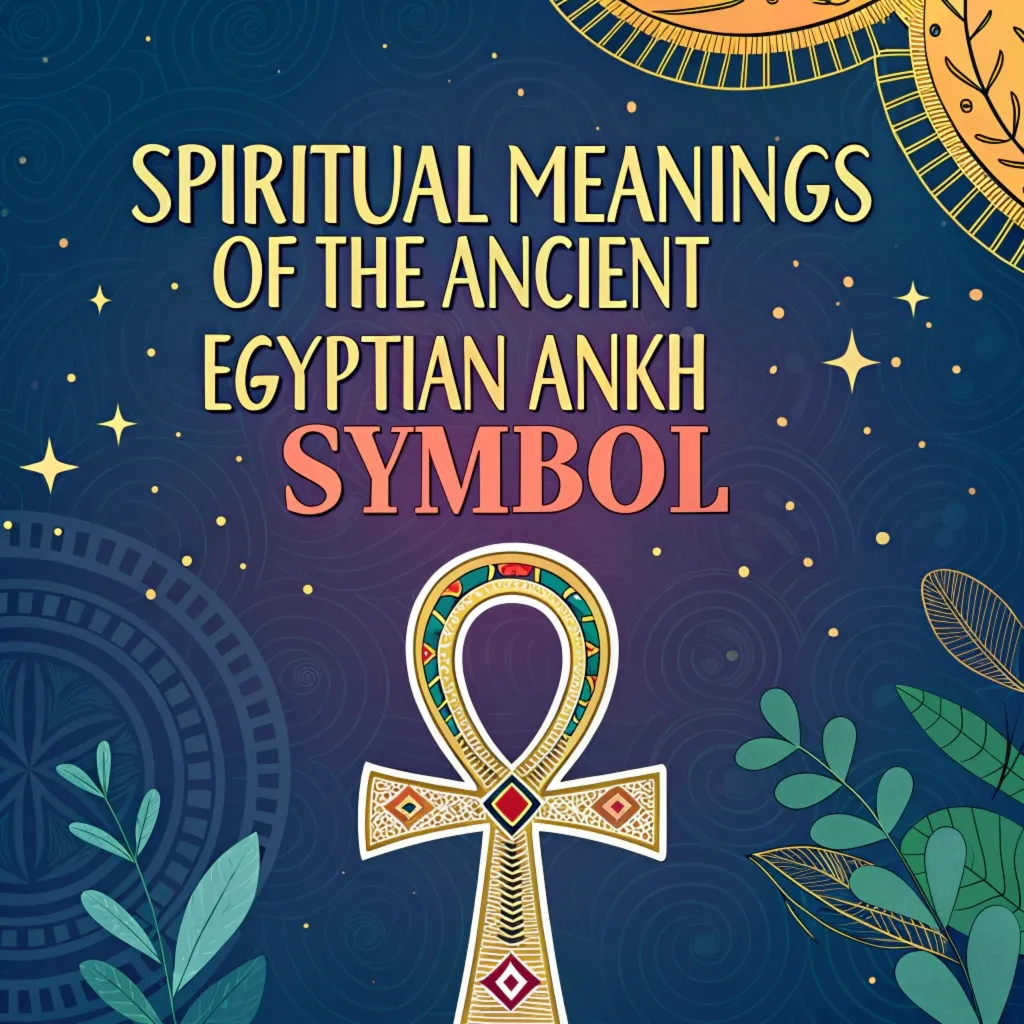
Symbol of Divine Power and Authority
In ancient Egyptian iconography, gods and pharaohs are often depicted holding the ankh, signifying their divine power and authority over life and death.
This spiritual meaning of the ankh emphasizes its connection to supreme spiritual forces and the ability to influence the flow of life energy.
For modern spiritual practitioners, the ankh can serve as a reminder of one’s own inner divinity and potential for spiritual empowerment.
Representation of Life-Giving Elements
The ankh’s spiritual significance is closely tied to the essential elements of life in Egyptian cosmology. It is often interpreted as a symbol representing:
- Air (breath of life)
- Water (life-giving properties of the Nile)
- Sunlight (source of energy and growth)
This meaning underscores the ankh’s role as a symbol of vitality and the interconnectedness of all life-sustaining forces in the universe.

Protective Talisman
Throughout history, the ankh has been used as a powerful protective symbol.
Its life-affirming properties were believed to ward off negative energies and provide spiritual protection to the wearer.
In modern spiritual practices, the ankh continues to be used as a talisman for protection, helping to create a shield of positive energy around the individual.
Symbol of Spiritual Transformation
The ankh’s association with life and death makes it a potent symbol of spiritual transformation.
It represents the journey of the soul through various stages of existence and the potential for spiritual growth and evolution.
This meaning of the ankh resonates with many contemporary spiritual seekers, who view it as a symbol of personal transformation and the quest for higher consciousness.
FAQs
What is the origin of the ankh symbol?
The ankh originated in ancient Egypt as a hieroglyphic symbol representing “life” or “breath of life. Its exact origins are unclear, but it has been used in Egyptian culture for thousands of years.
Can non-Egyptians use the ankh for spiritual purposes?
While the ankh has its roots in Egyptian culture, its universal symbolism of life and spirituality has made it widely adopted across various cultures and belief systems. Many people find spiritual significance in the ankh regardless of their cultural background.
How can I incorporate the ankh into my spiritual practice?
You can incorporate the ankh into your spiritual practice by wearing it as jewelry, using it in meditation, or displaying it in your sacred space. The key is to connect with its spiritual meanings and use it as a tool for reflection and growth.
Is there a difference between the ankh and the Christian cross?
While the ankh and the Christian cross may appear similar, they have distinct origins and meanings. The ankh predates Christianity and has a loop at the top, while the Christian cross typically does not. However, some early Coptic Christians did adopt the ankh as a variation of the cross.
What does an upside-down ankh symbolize?
An upside-down ankh is not traditionally used in Egyptian symbolism. In modern interpretations, it has sometimes been used to represent concepts opposite to life, but this is not part of its original spiritual meaning.

Hello, I’m Zephyra, your guide at SpiritualityEssence.com. I’m passionate about uncovering life’s mysteries and sharing transformative insights. Let’s explore mindfulness, ancient rituals, and the path to a more awakened life together. Join me on this spiritual journey!

